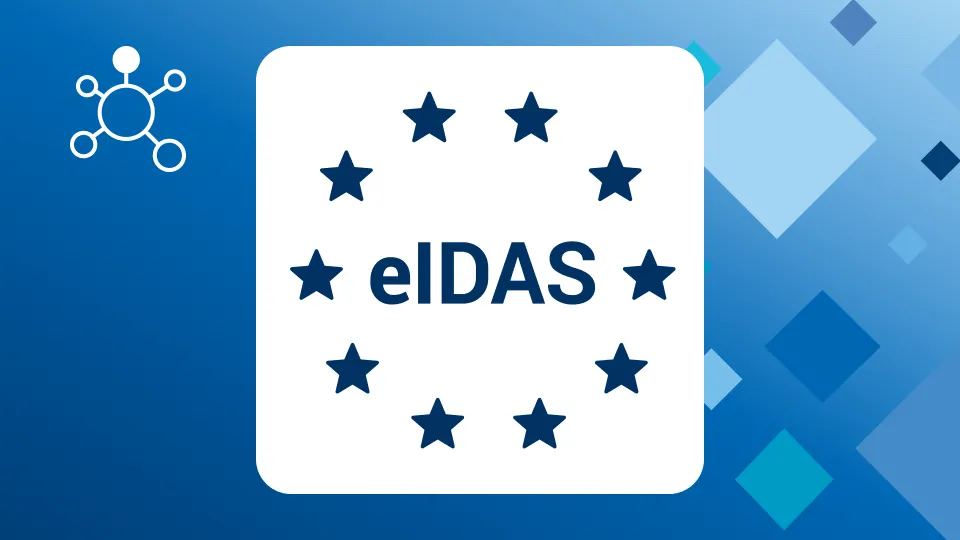Definition: Folder encryption describes the process of encrypting folders, including files, which means that no one has access and can read the data unless they have a specific decryption key. The purpose is to prevent malicious or unauthorized parties from accessing sensitive data.
Folder Encryption explained
Folder and file encryption is a means of encoding folders and files that contain sensitive data. This implies that even if an attacker or malware has access to a computer, they cannot see the sensitive data unless they know the password to the particular folder or file. Encrypting data is an important element in any organization’s digital defense strategy, because it not only helps to meet legislative requirements, but also protects sensitive data from cyber-attacks and malicious actors.
Folder Encryption and the Regulation Landscape
In recent years, the regulatory compliance landscape for data protection has grown progressively complex. Previously, organizations were mostly required to follow industry-specific regulations such as PCI DSS or HIPAA. After the EU's General Data Protection Regulation (GDPR) was adopted, numerous governments enacted their own data privacy legislation, such as the California Consumer Privacy Act (CCPA).
Although these laws vary very much in detail, they all share a common goal and a key requirement for all organizations is to:
- Protect their consumers’ data
- Restrict access to decryption keys based on role requirements within the organization
Both of these requirements are fulfilled by having the appropriate solutions in place. Encrypting both folders and files and limiting access to decryption keys based on role requirements ensures that no unauthorized individuals have access to sensitive data. This enables an organization to protect itself from a variety of potential attacks and reduce its cybersecurity risk.
A recommended solution such as the Utimaco u.trust LAN Crypt protects personal, sensitive and business-critical data from













